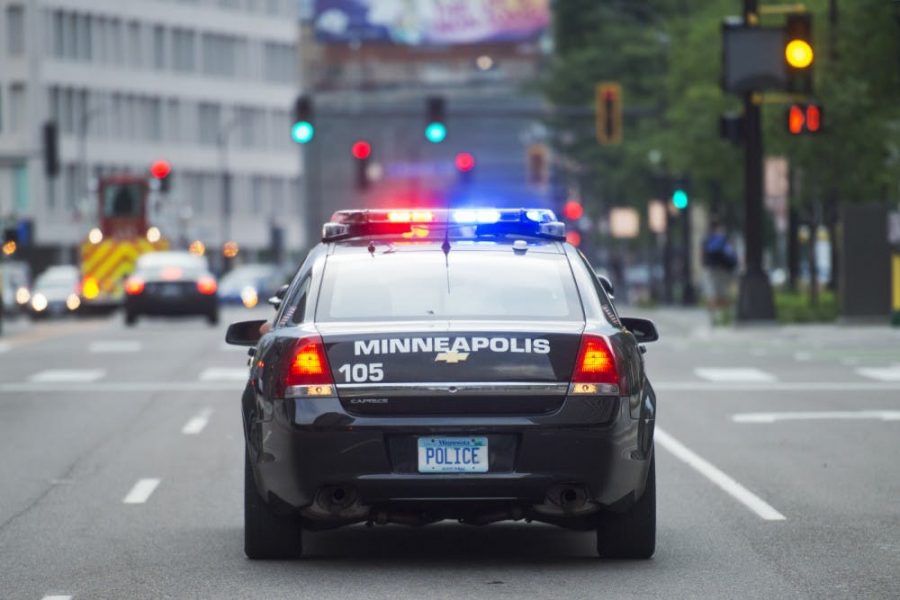Brian O’Hara was sworn in as the next Minneapolis Chief of Police on Nov. 7, replacing Interim Chief Amelia Huffman after being approved unanimously by the City Council. While some community activists are planning their next steps with the police chief, others are still pushing for fundamental change.
Between Minneapolis Mayor Jacob Frey’s Sept. 7 announcement and O’Hara’s confirmation, the then-nominee held a series of public engagement sessions in late October, which the city organized. The city held a meet and greet as well as a public hearing on O’Hara’s nomination, giving residents a chance to meet the nominee and voice their opinions.
Michelle Gross, president of Communities United Against Police Brutality (CUAPB), said she was able to meet O’Hara briefly at one of the community events and had received positive recommendations from members within CUAPB.
“I was a little bit put off at the open house when he talked about the cost of a consent decree in the millions,” Gross said.
O’Hara worked on consent decrees during his time as deputy police chief in New Jersey. The Minneapolis Police Department is currently under two consent decrees for evidence of practicing unlawful policing by the Minnesota Department of Human Rights and the United States Department of Justice. Consent decrees are binding legal agreements issued by judges and enforced by the courts.
“Particularly what we’re paying a lot of attention to is making sure that the community’s voice is part of consent decrees,” Gross said. “What we do not want to see happen is some secretive crap that happens back behind closed doors. It’s really important that we have local people here that understand the lay of the land. For [CUAPB], our dream team for monitors is civil rights attorneys and activists.”
Community organizations involved in the organization and role of police in the city, such as CUAPB and Twin Cities Coalition Justice 4 Jamar (TCCJ4J), have started to plan their next steps to work with the community and MPD for police reform.
“When Arradondo was the chief, we didn’t always get along with him, but we always had an open door with him,” Gross said. “We met with him every other month, and I asked [O’Hara] for the same thing. And we will wait to see if he comes forward and does this.”
Other organizations, like TCCJ4J, are still pushing for more fundamental changes to MPD such as the Civilian Police Accountability Commission (CPAC).
“CPAC is putting power over policing back into the hands of the community,” TCCJ4J organizer Jae Yates said. “It’s the community that’s making these decisions about budgets, that it’s making the decisions about how police officers are disciplined — that we have a voice in that process.”
The CPAC is different from Question 2 on last year’s ballot in Minneapolis, which would have replaced MPD with a Department of Public Safety. If passed, a CPAC could incorporate residents into administrative aspects of the department, like budgetary and disciplinary decisions for officers.
TCCJ4J is working on getting signatures to get the question on the Minneapolis ballot for 2023, Yates said.
In a statement by the Mayor’s office after being nominated, O’Hara said, “I believe very deeply that working with the community to bring about some meaningful changes are experiences that are directly applicable to the current challenges that are facing the residents of this community.”
Yates said moving forward, he and TCCJ4J will continue to educate their neighbors about the CPAC.
“We also are trying to continue our door-knocking efforts,” Yates said. “Those are definitely more difficult when it gets cold. But we’ve partnered with the People’s Canvas to do some signature collecting with some of their volunteers.”
As for CUAPB, Gross said in addition to their community forums about consent decrees, they will continue to work with those in power however they can “to keep people from dying in this town.”








